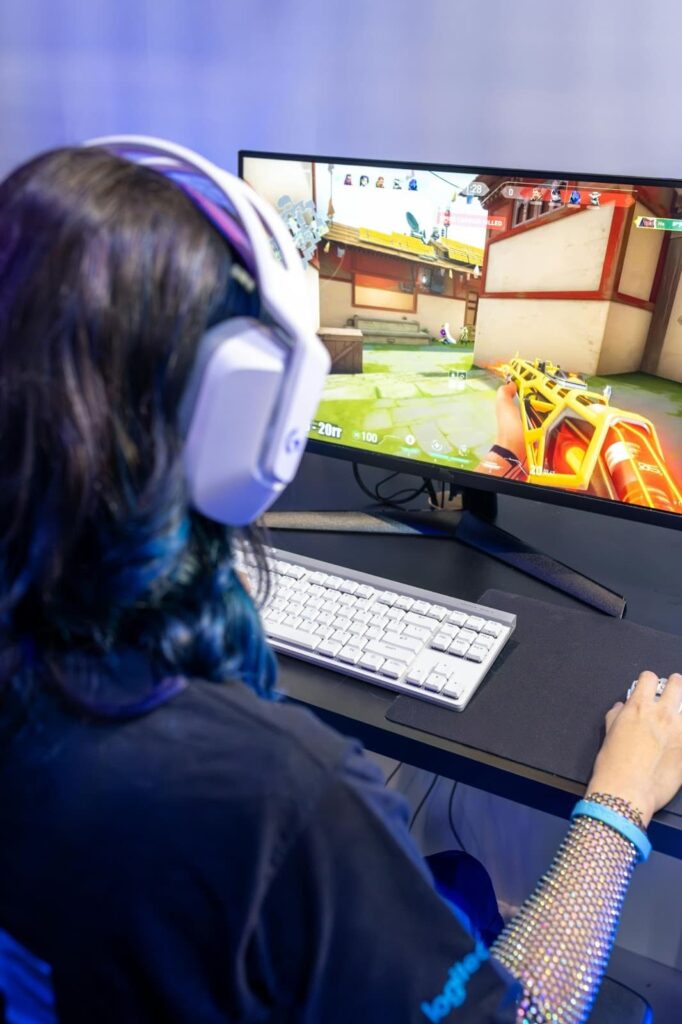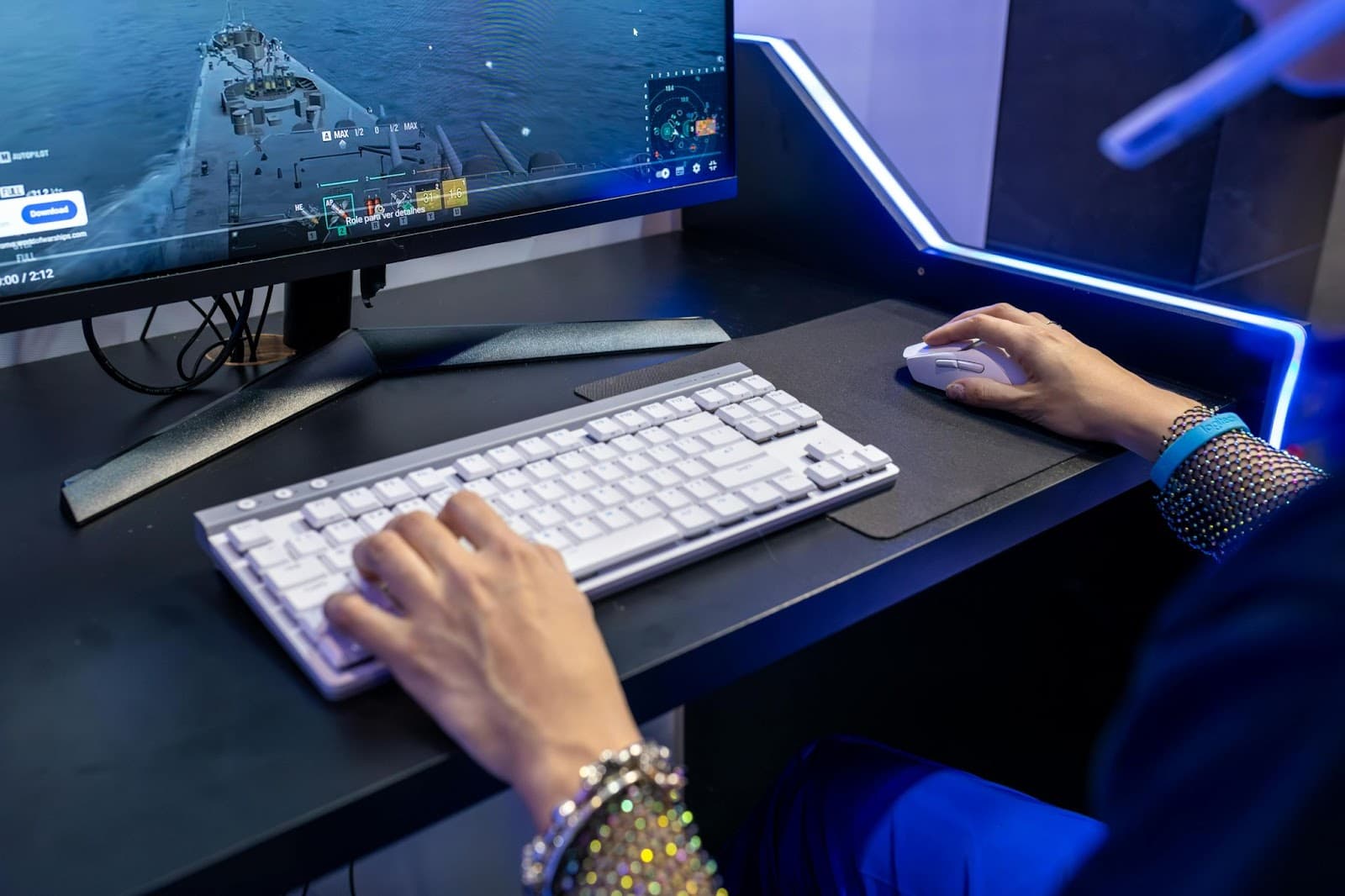The billion-dollar industry of eSports is in constant flux, and new ways are always sought out in order to keep the audience interested. One of the more obvious current trends involves the use of RPG elements in competitive gaming. These mechanics, which are traditionally featured in single-player games, help give strategic depth to competitive eSports titles such as League of Legends and Valorant. For fans of competitive gaming and betting online, platforms such as GGBet offer a ringside seat to how RPG elements are changing eSports.
What Is an RPG Element in Competitive Games?
RPGs have been popular for many years because they could whisk players away into enchanted worlds while providing complex in-game systems. Key characteristics of RPG games include character customization, as a player can change the character’s appearance, abilities, or equipment as they like. It’s essential to pay attention to skill trees as players progress through the game, they earn the right to buy new skills or upgrade existing ones, enhancing their power and versatility. Decisions made in the game bear much influence on the storyline and the role of the player in interaction with the world.
Applying these to eSports gives room for tactical innovation, personal expression, and exciting matches that audiences enjoy.
How RPG Mechanics Elevate eSports
Adding RPG elements to competitive games primes it with complexity and excitement. Here are just some of the key benefits that come along with their integration:
Strategic Layer
Skill trees or other RPG-inspired mechanics include customizable builds that really require careful thought. For instance, in League of Legends, each champion provides different build paths a player could take en route to ban or counter his enemies with greater effect. The result is a constantly shifting meta that keeps both players and spectators guessing.
Personal Connection
RPG elements allow players to craft their in-game characters. A character tailored to their preference can denote their style and personality. This personal connection with the game makes it way more rewarding and relatable, hence drawing fans closer to their favorite eSports stars.
Replay Value
This is due to customization, which makes no two matches identical. RPG mechanics assures infinite possibilities when playing out with different choices, hence, professional plays in competitive games stay new to the players and even to the viewers.
Diversity in Roles
It will definitely expand the playable roles in eSports. The likes of Dota 2 and Valorant are introducing multiple agents and characters to allow teams to perform in specific, unique compositions. Each player can define their role, thus bringing an aspect of strategy into the matches.

Examples of RPG Elements in Popular Titles of eSports
There have been quite a few successful integrations of RPG mechanics in top eSports games so far, combining the best of the worlds. League of Legends has a champion system that emulates RPG progression. In each game, players gain levels through their champion, unlocking their abilities and picking skill upgrades to mold how they want to play. While this is primarily a tactical shooter, Valorant has agents with singular powers. These kinds of choices meld strategy and rapid gunfire. The item system in Dota 2 lets the player make changes to their character mid-game – theoretically, anyway, and find ways to counter whenever an opponent might do.
Why Are RPG Elements So Popular in eSports?
The reasons RPG elements are so popular when it comes to competitive play are pretty multifaceted. First and foremost, there’s a simple appeal like this:
Immersion
A rich backstory or an interesting tale concerning each one of the characters helps players and fans delve deep into the game. It easily turns what could be a simple match into a story, whereby every decision is a continuity of the drama unfolded.
Spectator Appeal
RPG elements add depth to the matches and make them so interesting for the spectators. It’s just as exciting to see a player skillfully adjust his picks or perfectly execute a deep strategy as it is to see some high-risk, high-reward play.
Skill Displays
RPG mechanics unlock the tactical intelligence and mechanical prowess this dual challenge uses in showcasing professional all-rounded skills, setting up unforgettable moments.
10 Ideas for eSports with RPG Mechanics
- Dynamically implement trees in the FPS games.
- Have characters evolve through the acquisition of new skills after each tournament.
- Create hybrid genres that marry the best elements of RPGs with MOBAs.
- Add fan-driven story developments, season to season.
- Use narrative events to shape in-game mechanics for specific tournaments.
- Add unlockable customization tied to player performance.
- Bring seasonal roles that will require new strategies.
- Include episodic content where top players make important choices.
- Allow the audience to vote on how characters will appear in the future.
- Create rankings for players regarding their skill level of RPG mechanics.
